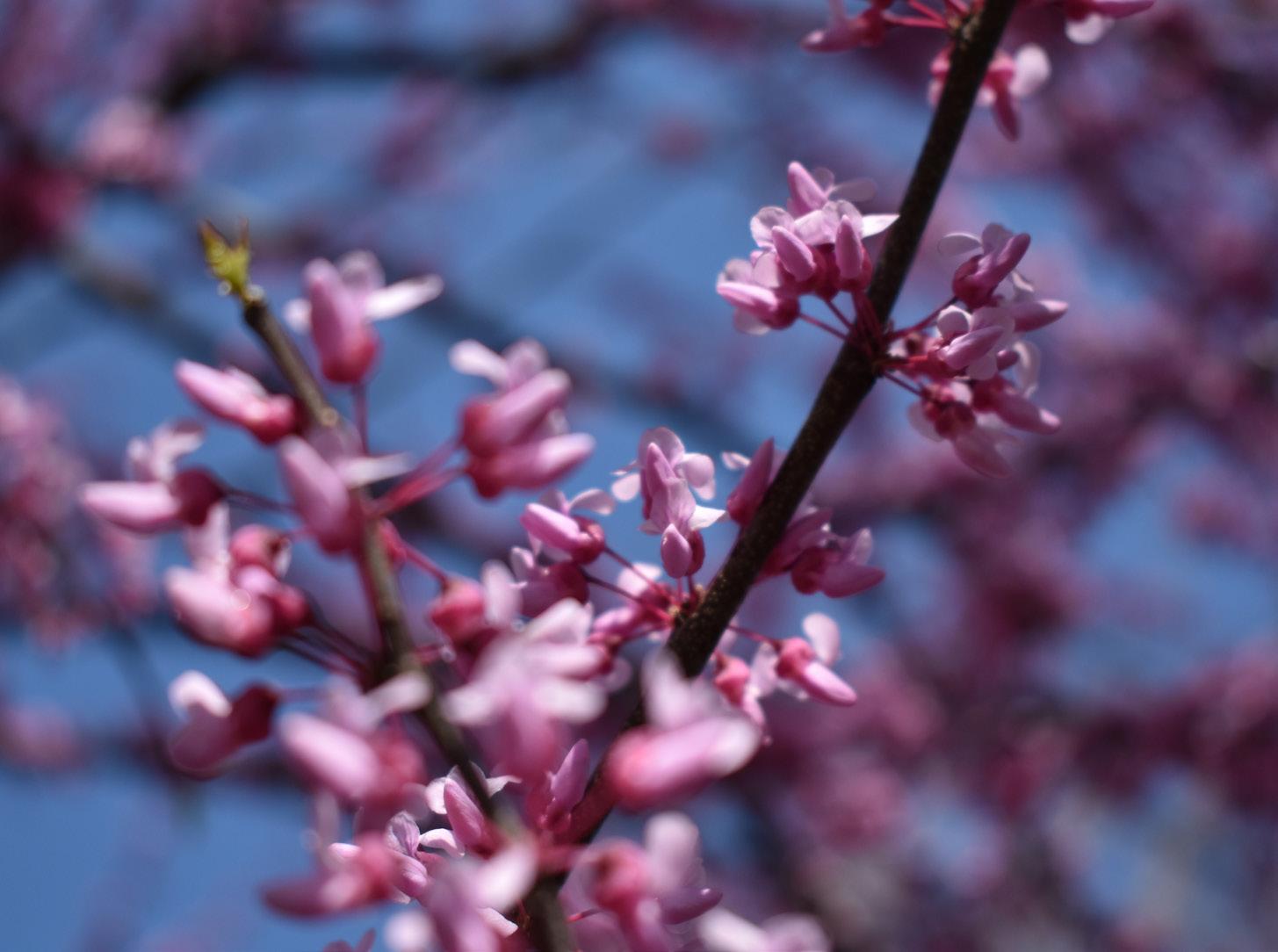
8 minute read
Under the Mango Tree
The girls in the town were shiny. They laughed shrilly, glinting their white-toothed smiles and covering their mouths with their painted hands. The bracelets lining their wrists jingled, flashing like their eyes would when I walked too close. Their noses were softly hooked or large and flat, their skin was fair olive or warm sienna, their eyes were muddy brown or mossy green, but they all had one thing in common. Long, dark tresses rolled down their back, shining just like their eyes, their teeth, their jewelry. It fell down their back, it was tied into sturdy plaits, it was rubbed with oil by their mothers. In many ways I was just like them--my hands were thin and painted, my teeth white and glimmering. But I did not possess the same sharpness just yet, did not have the same ability to smile coyly and to speak cruelly, to pour their sugary sugar-free drinks onto my shoulders when my back was turned, to grab snakes by the neck and leave them sitting in my empty shoes. The other thing that set me apart was my hair--it was brittle and short and, worst of all, white. Not a glossy white blonde like the Europeans on TV.
A grey sort of white, like an elderly woman who dyed her hair once too many times in her youth, and now it would never grow back.
It barely reached my shoulders, and it broke easily. My mother was a proud sort of woman, with hair like the girls in the town, who considered me a shame. She did not bother to rub oils into my head as other mothers did. The trouble began (as most troubles do) on what was a regular school day. I sat alone at my desk, copying the teacher’s chalkboard inscriptions onto my books, my brow furrowed and bowed into the pages. The teacher called for us to pack our bags, and I sat there, finishing my notes. That was when I felt their tittering presence behind me, and I could hear their bangles clicking on their wrists, and I could hear her walking by me. I could hear the fizz of the mango soda as she tilted it and poured it all over my head, yet I remained frozen in my seat as they laughed and crowed and ran away. 80
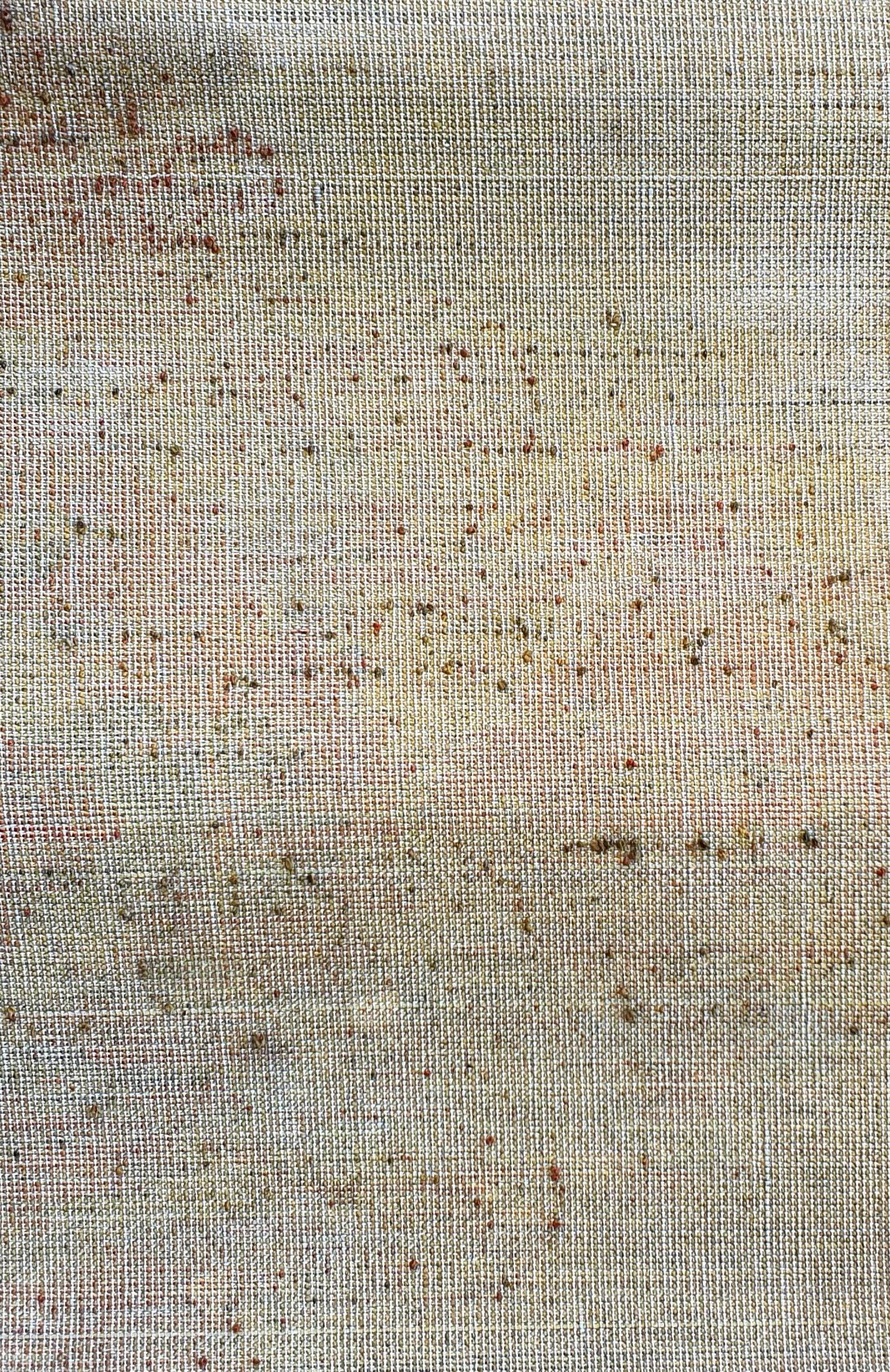
Winner of the Freshman/Sophomore Creative Writing Prize for Prose
Sarah Sirhandi

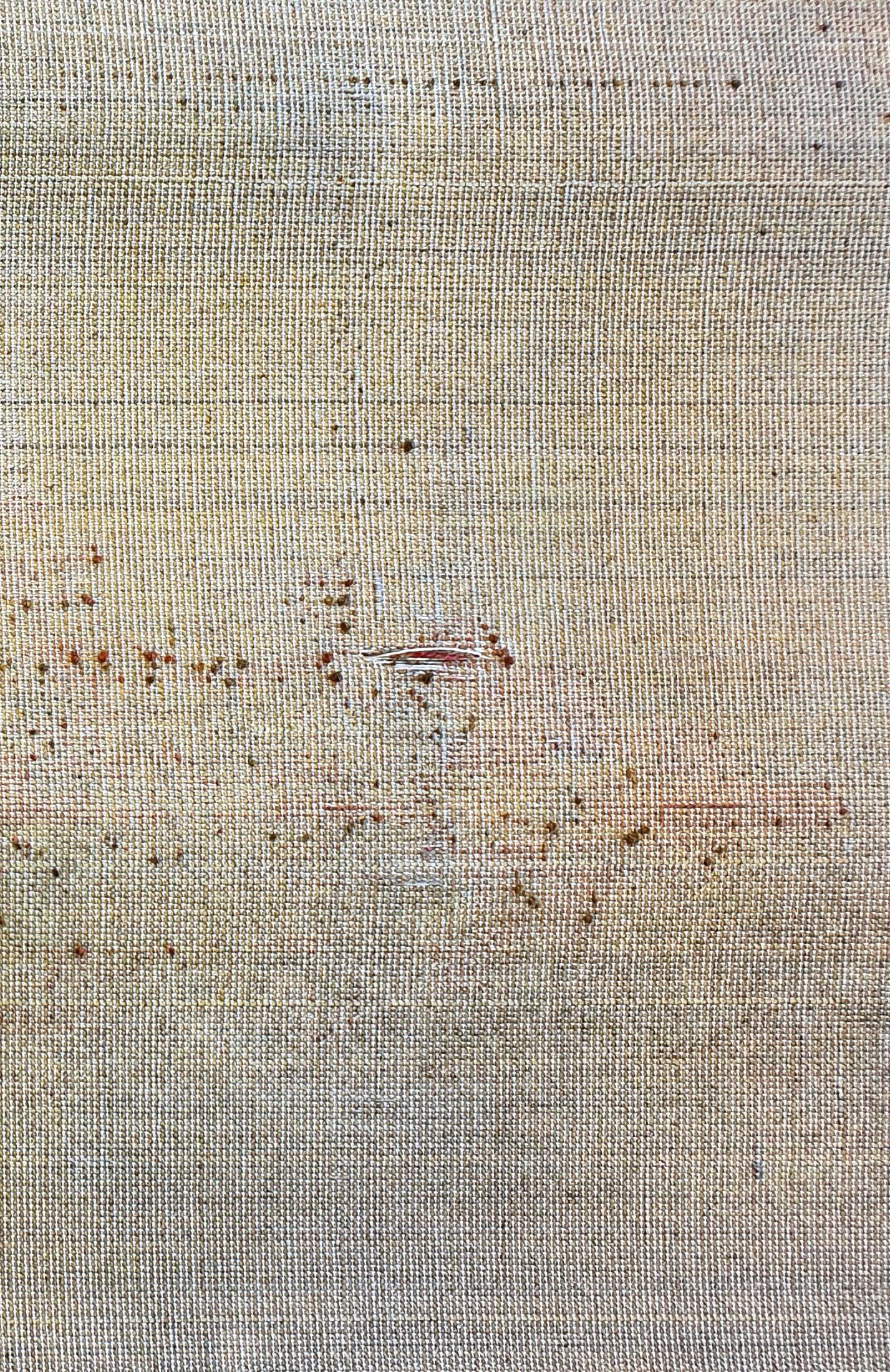
I slipped my second-hand books into my bag, slung it over my shoulder, and walked down the hall, feeling their eyes on me. I walked until I was out of the school and began to sprint. I ran down the dirt road to my home, which was hard because my bag was flapping alongside me and the mango juice was beginning to drip down my back. The air was hot, and I don’t know how long I ran for until I was standing in my living room. I went to the bathroom and poured water over my head, trying to rid of the sticky juice to no avail. Tears streamed down my face as I walked out of my room to find my grandmother sitting on the couch watching soap operas. She was a woman with skin the color and texture of an old letter, with rheumy, dirt colored eyes hidden under deep hoods. I sat next to her, and she looked over and wiped my face with her wrinkled hands, fingers stained red with henna.
“What is wrong, beta, huh?”
I told her about the girls at school who laughed at me, who cut my hair when my head was turned, who poured mango soda over my scalp. My grandmother reached for the remote and paused the television, and then she told me a story.

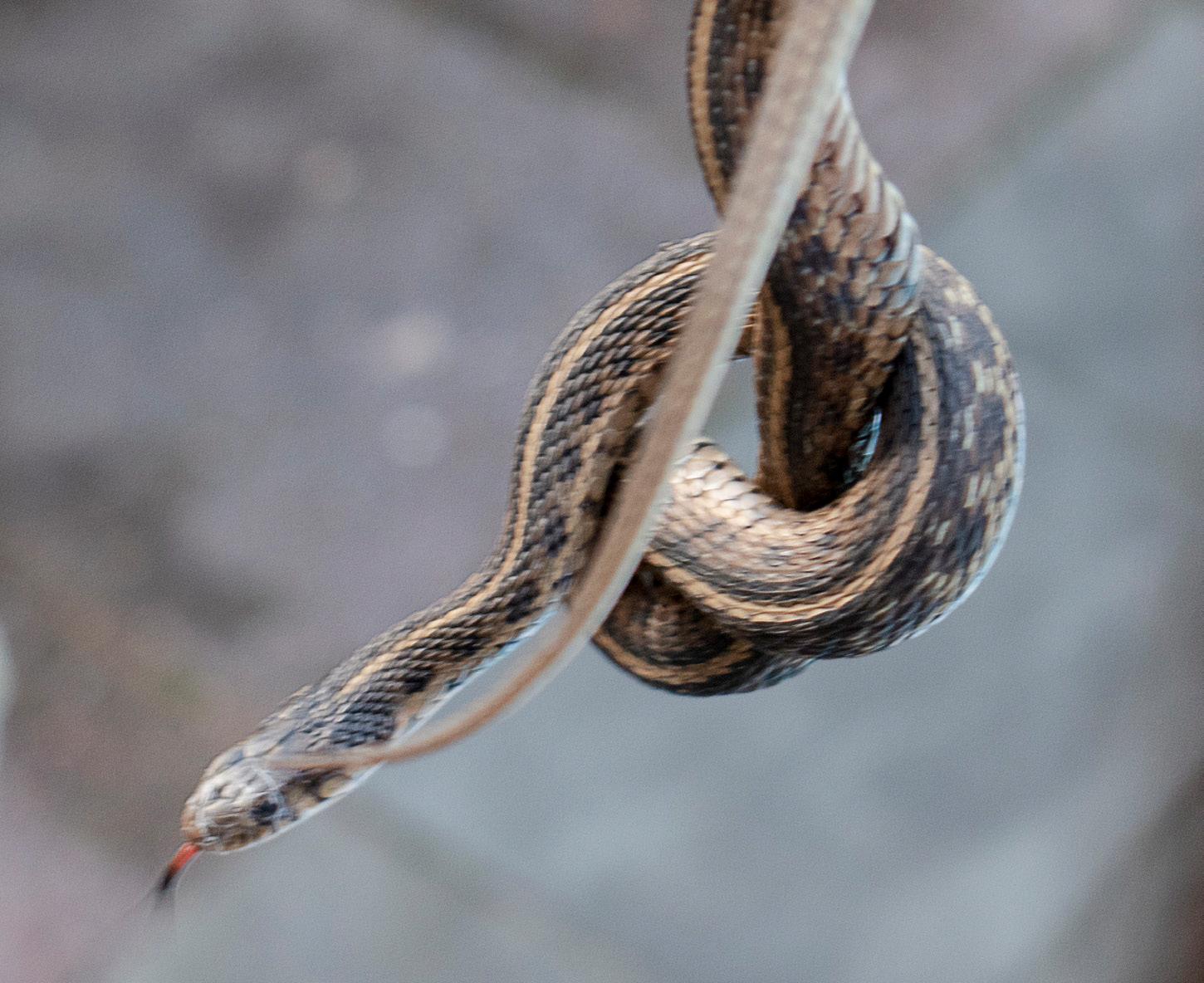

My grandmother told me about black cobras. They were a commonplace creature in the area. Occasionally one would be found in someone’s kitchen, or in their yard, or coiled behind their stove. They were longer than a grown man. Sometimes some poor woman would come running into our house, and my brother would sling his rifle over his shoulder and march out heroically and come home holding the dead thing in his hand. She moved her bangle studded hands in wild gesticulation, her eyes suddenly looking less glassy, telling me that if you killed a black cobra and buried it, a small plant would grow above its body overnight. The plant would have smallish-yellowish-smellyish seeds, and you could pluck them right out and grind them into a smallish-yellowish-smellyish paste. You would run the paste through your hair, and it would soon grow long and dark and thick. I wish I would have never heard it, but I was enthralled with this idea, falling headfirst into the world of occult she described, joining her in her rheumy-eyed, slow-setting madness. My head was abuzz with ideas and when my grandmother told me that there were two rules, I hardly heard her. She said that I must kill the cobra myself for it to work, and that every night, I must braid my hair tightly, or I would be in grave danger. I could see the pride swimming below the surface of her skin, excited to finally have a purpose besides being mad and old and watching soap dramas.

I dismissed that part of the story as the old legend. I thought so highly of myself, that I was so smart, to distinguish between legend and fact. As if I was a scientist interpreting ancient text for the modern world, forging the bridge between centuries. My grandmother was not the sort of woman who would tell me this story, and then reassure me that my hair was beautiful the way it was. She wiped my tears one last time and then resumed her show, and I marched off to my room, lost in thought and pride.
I devised what I believed to be a surefire way to kill a cobra. I decided that my brother’s rifle would be too loud and too complicated. I snuck into his room that night and discovered a dagger in his bottom drawer, strewn among socks, notebooks, and magazines. I think it was mostly decoration--the hilt looked expensive, and the cover was coated in an intricate pattern. It was dusty, and I didn’t think he would notice if it were gone.
The next step of my plan was to search for the thing itself, and I got lucky sooner than I expected. As I was sitting outside our house in the sweltering sun, tapping my brittle nails on the cement floor, a spindly woman squatted on the floor about twenty feet from me. The smell of kerosene and potatoes drifted over to where I was sitting, and I was preparing myself to return to the air-conditioned, white-light little room upstairs when a little boy wearing a tunic with no pants came sprinting, short legs pounding furiously on the dirt as he came careening into his mother’s arms. He was screaming at the top of his lungs;
“SNAKEE!!!!! SNAKEEEEE!!!!!!”
His breath flew in and out as his mother attempted to console him by jangling a keychain before his squinted face. Trying to conceal my excitement, I walked over. “Is he OK?”
The woman smiled at me, showing her yellow piano key teeth. She told me that a pair of snakes lived over the hill; a husband and wife snake pair, but the husband had just been crushed to death by a car and the wife was angrily attempting to avenge her long gone

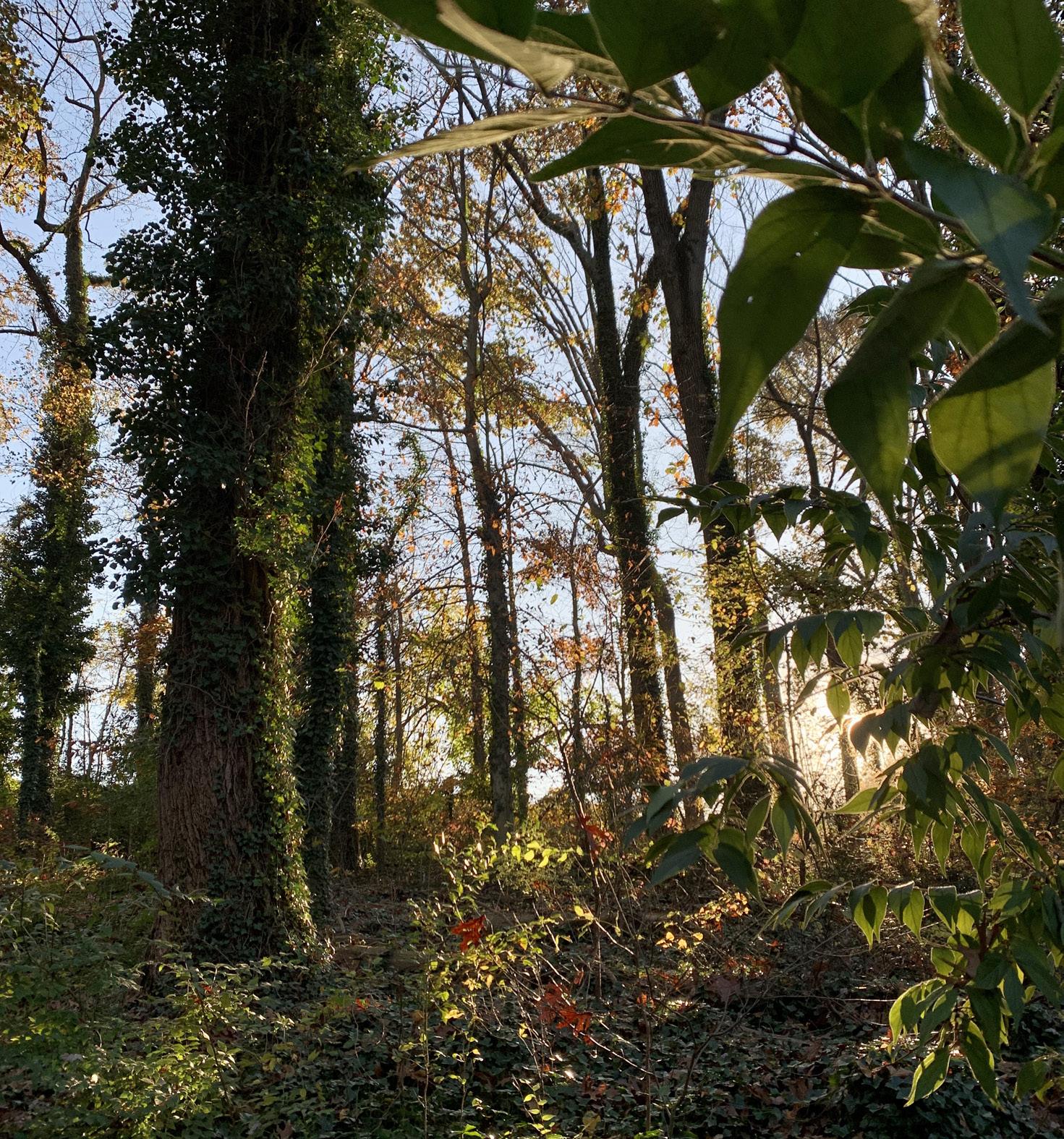
lover. Excited, I embarked over the grassy knoll and was met with a dilapidated mud house. It was a sad sort of thing, made out of mud and stone, and there was trash strewn across the entrances.
I found the creature lying out across the floor as if this was her palace. I approached it carefully, and its head reared up, and suddenly it was slithering madly. I reached for the dagger, removing it from its sheath, and grabbed the thing by the tail and stepped away carefully. I was hit by the sudden realization that I had no idea what I was doing and that this was as far as my confidence and will could take me. I think I will regret this forever, and I wish

I could somehow undo what I did, to carefully spool back time to where I was nothing, to be barely a clump of cells in a womb, to spin eternally in darkness. But I was so blinded by pride that I did not see the snake twisting its head rapidly, and I raised my dagger and swiftly chopped it in half. It writhed on the floor, and I stood panting rapidly, overcome with adrenaline and excitement, feeling my blood pound in my ears. I carefully scooped both halves into a cloth bag, and I ran.
I buried the snake under the mango tree behind our house. I sat there, clawing at the ground like a dog until the sky turned a violent shade of orange, until sweat fell from my brow upon the earth, until the hole was a few inches deep. I dumped the snake’s ebony remains, and then began covering the hole with my hands. I smiled the whole time, my teeth shiny in the dark, and went to bed with dirt-caked nails. By the next week a small shrub-like thing had sprouted with scentless white flowers. Mustard-colored pods sprouted below the flowers. I picked the seeds and placed them into a bowl. I mashed them into the paste my grandmother described,

Morg an Starnes
